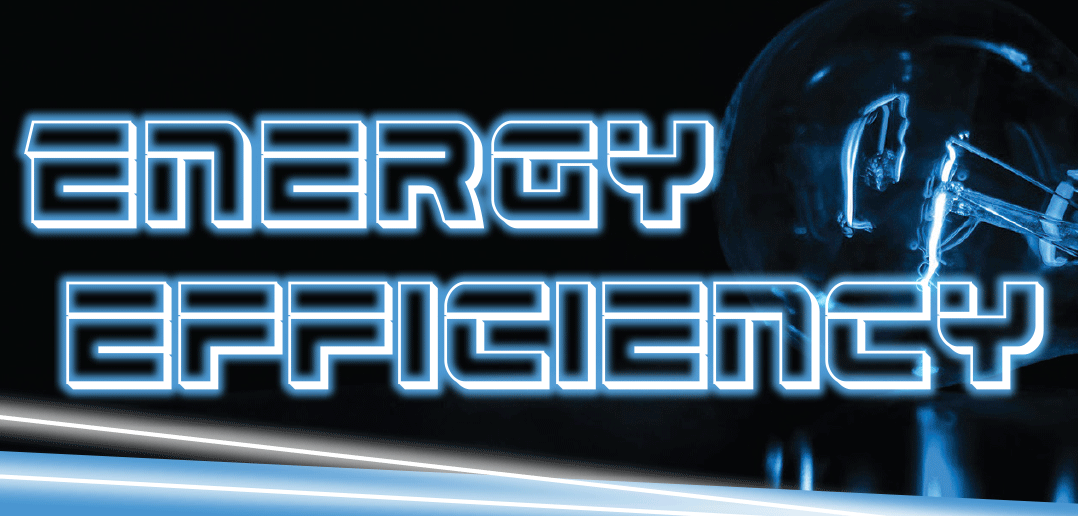Energy efficiency is a vital component of a sustainable future. It involves the responsible and economical use of energy resources to reduce waste, lower greenhouse gas emissions and save on utility costs. By optimizing our buildings, transportation systems and industrial processes to consume less energy while still meeting our needs, we can significantly lessen our environmental impact. Energy-efficient technologies, such as LED lighting and smart thermostats, play a crucial role in this endeavor, and the professionals of Lincoln best know how to implement energy-efficient technologies to help us out.
In today’s world, there is a growing emphasis among building owners on creating environmentally responsible working spaces. However, they are increasingly recognizing the importance of optimizing energy usage without compromising the comfort of occupants.
Lighting and HVAC systems are two major contributors to a building’s energy consumption. They play a crucial role in creating a comfortable and well-lit environment for occupants, but they also represent a significant portion of a building’s operational costs. It’s estimated that these systems can collectively account for up to 80% of a building’s total energy usage.
Given the substantial impact of lighting and HVAC on a building’s energy footprint, Engineered Controls (engineeredcontrols.com) recognizes the importance of implementing effective energy management strategies. To achieve this, they utilize their Building Automation System, a sophisticated technology that allows for the centralized control and optimization of these critical systems.
To support customers in identifying areas where efficiency can be improved within their buildings, Engineered Controls utilizes Energy Optimization programs. These programs leverage a diverse array of energy-efficient products and solutions and are overseen by their team of knowledgeable professionals. Pat Killeen, the Owner of Engineered Controls, shared the program’s objective: “The aim is to provide building owners and managers with real-world data to make informed decisions that not only enhance the comfort of occupants but also reduce energy consumption.”
Engineered Controls is dedicated to delivering high-quality products and services that establish efficient, safe and comfortable building environments. By collaborating with Engineered Controls, customers can count on achieving optimal results while contributing to energy conservation efforts.
Heating is another major energy suck, and with winter right around the corner, many of us are about to see its impact. Here are some simple steps that LES (les.com) recommends to help you stay comfortable this winter and keep your energy costs at a comfortable level.
Maintain your heating system: Hire a qualified professional to inspect and clean your heating system. If your system is older or in need of repair, consider upgrading to an ENERGY STAR®-certified electric heat pump. Air-source heat pumps draw heat out of the air to provide highly efficient heating and cooling in one unit.

Amy Svoboda
LES
Make a thermostat adjustment: While everyone has their own comfort level, the U.S. Department of Energy recommends a temperature setting of 68°F to save energy while staying comfortable. To save even more, lower the temperature setting a few degrees overnight or when no one is at home. Install a smart, iprogrammable thermostat with remote control to optimize savings, comfort and convenience.
Weatherize your home: Check for gaps around windows and exterior doors and seal any you find with caulk or weatherstripping. If you suspect that your home is poorly insulated, contact a qualified insulation contractor to inspect your home and ensure that it is properly insulated according to recommended levels.
“Now is a perfect time to get a home energy audit,” shared Amy Svoboda with LES. “A qualified energy professional will inspect your home and provide you with a targeted set of cost-saving recommendations that will help lower your energy costs this winter and all year long.”
Lincoln’s experts specialize in implementing energy-efficient technologies crucial for a sustainable future. By tapping into their knowledge, we can significantly lower waste, greenhouse gas emissions and utility costs, making substantial strides towards a more sustainable environment.

